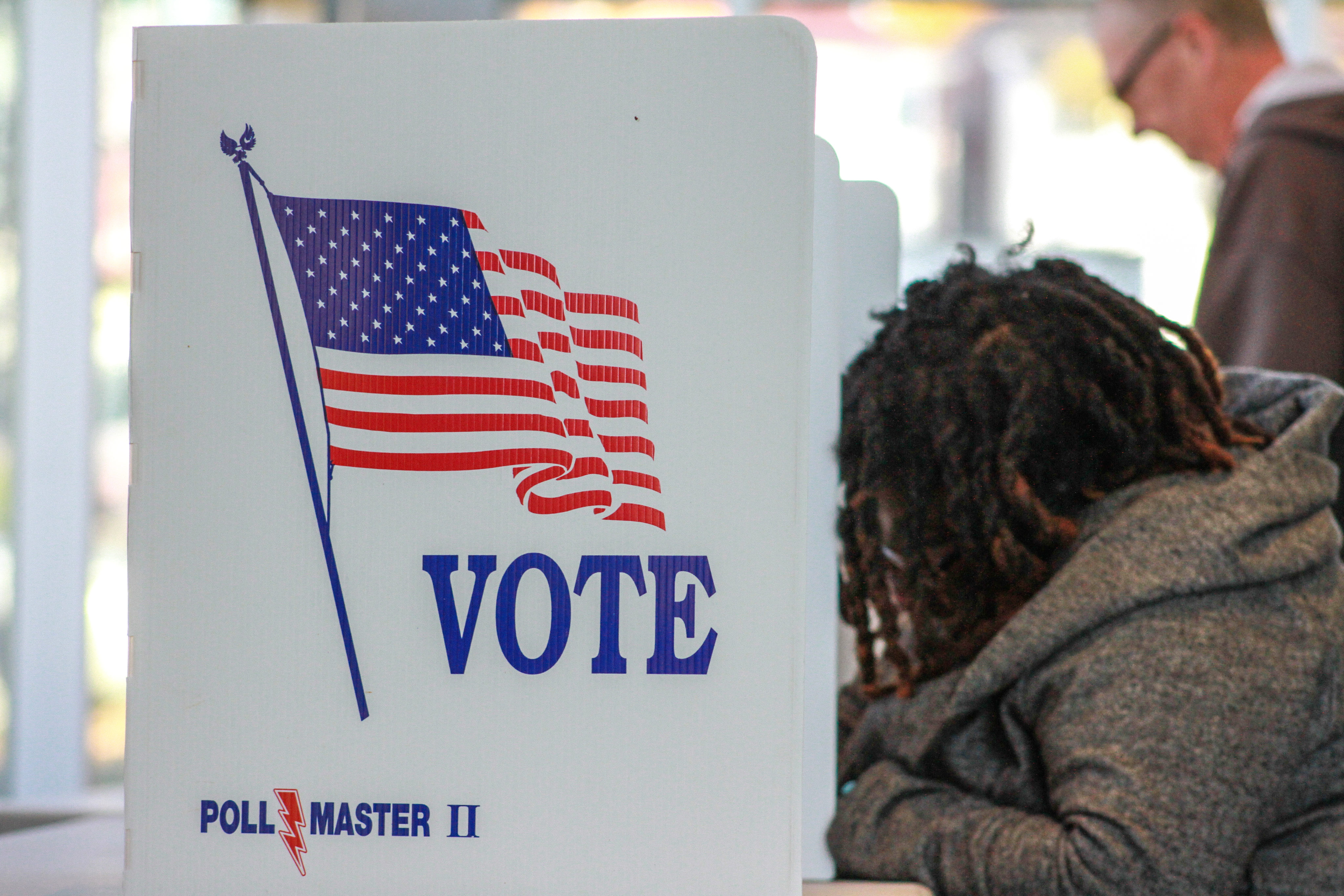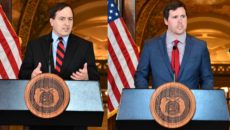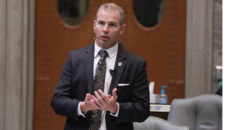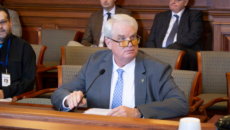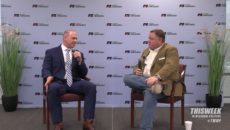JEFFERSON CITY, Mo. — Missourians casting a ballot of Tuesday gave the nod to medical marijuana, ethics reform, a minimum wage hike, and changes to bingo regulations. Yet, they also shot down an increase to the state’s motor fuel tax, again.
Any constitutional amendments passed on November 6 will become effective 30 days after the date of the election, which is December 6. Any statutory amendments passed are effective upon approval, or on a date specified in amendment language.
Proposition D, which would have gradually increased the state’s motor fuel from 17 cents to 27 cents over four years, was voted down 46 percent to 53 percent on Tuesday night.
The ballot campaign drew support from top Republicans including Gov. Mike Parson and Lt. Gov. Mike Kehoe along with county governments and the local school boards, but that wasn’t enough to push the hike across the finish line.
“The election outcome is disappointing, but seeking new funding for Missouri’s proven critical infrastructure needs was still the right thing to do,” said Scott Charton, the Communications Director for SaferMO.com. “There will be time to analyze the election results, but for now, the people have spoken. Election Day is over, but MoDOT still has a job to do. That job is even more critical, because the need for resources was real before Election Day and that need remains. We are confident MoDOT will do the best it can with what it has for safety and to take care of the system. Meanwhile, this campaign’s conversation about how to do better cannot end. The safety of Missourians and our economic future depend on it.”
Amendment 1 — which will impose gift limits for legislators, lower campaign contribution limits, change the length of time required before becoming lobbyists, and change the model for drawing districts — was given voter approval. The measure passed with 62 percent of the vote.
“We are thrilled that Republicans, Democrats, and independents came together to clean up Missouri politics,” said Nimrod “Rod” Chapel, Jr, president of the NAACP Missouri State Chapter and treasurer of Clean Missouri. “Thousands of Missourians from across the state came together to put Amendment 1 on the ballot, and then thousands more joined the fight to pass Amendment 1. It’s truly a great day for Missouri.”
The ballot measure, dubbed Clean Missouri, is set to change process and criteria for redrawing state legislative districts during reapportionment; change limits on campaign contributions that candidates for state legislature can accept from individuals or entities; establish a limit on gifts that state legislators, and their employees, can accept from paid lobbyists; prohibit state legislators, and their employees, from serving as paid lobbyists for a period of time; prohibit political fundraising by candidates for or members of the state legislature on State property; and require legislative records and proceedings to be open to the public.
Provisions will take effect upon official certification of the results. The redistricting reform, requiring more fair and competitive maps, will be in effect when state legislative maps are next drawn, after the 2020 census. U.S. law requires new maps to be drawn after each census.
Proposition B passed with 62 percent of the vote. The measure will increase the state’s minimum wage from $7.85 to $8.60 an hour in 2019, and then by 85 cents each year until it reaches $12 an hour in 2023.
“Republicans, Independents, and Democrats from across Missouri turned out to help workers, businesses, and the state’s economy by voting to raise the minimum wage,” said Carl Walz, Campaign Manager of Raise Up Missouri, which ran the campaign to pass Proposition B.
“With this vote, Missourians made clear that they’re tired of short-sighted politicians in Jefferson City putting special interests before our families,” said Caitlyn Adam, Executive Director of Missouri Jobs With Justice. “Hardworking people are the backbone of our democracy.”
Amendment 4 was a referendum sent to voters by the General Assembly and was given 52 percent approval.
The measure will change the Missouri Constitution to remove language limiting bingo game advertising that a court ruled was unconstitutional and not enforceable. This amendment also allows a member of a licensed organization conducting bingo games to participate in the management of bingo games after being a member of the organization for six months. Currently, the constitution requires two years of membership.
Of the three medical marijuana questions on the ballot, only one was given voter approval. Amendment 2 passed with 65 percent of the vote while Amendment 3 and Proposition C failed — garnering 31 percent and 43 percent, respectively.
“In becoming the 31st state to allow doctors to recommend medical marijuana to patients with serious and debilitating illnesses, Missourians showed that increasing health care treatment options for patients and supporting veterans are bipartisan Missouri values,” said Jack Cardetti, spokesman for New Approach Missouri.
https://themissouritimes.com/55091/missouri-becomes-31st-state-to-legalize-medical-marijuana/

